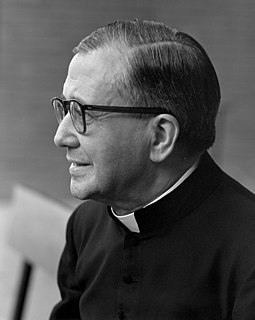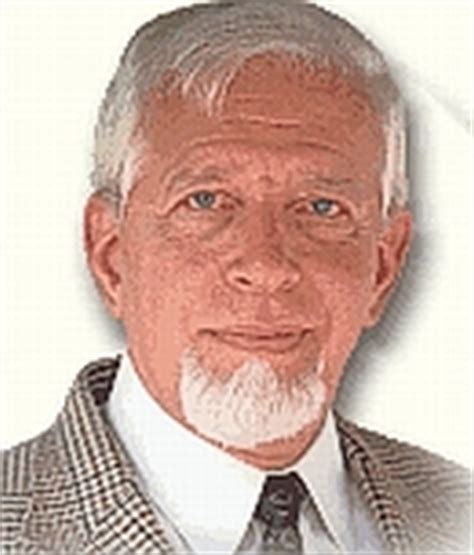A Quote by Chrystia Freeland
My late mother moved back to her parents' homeland in the 1990s when Ukraine and Russia, along with the thirteen other former Soviet republics, became independent states. Drawing on her experience as a lawyer in Canada, she served as executive officer of the Ukrainian Legal Foundation, an NGO she helped to found.
Related Quotes
She sat leaning back in her chair, looking ahead, knowing that he was as aware of her as she was of him. She found pleasure in the special self-consciousness it gave her. When she crossed her legs, when she leaned on her arm against the window sill, when she brushed her hair off her forehead - every movement of her body was underscored by a feeling the unadmitted words for which were: Is he seeing it?
She stared at herself in the mirror. Her eyes were dark, almost black, filled with pain. She'd let someone do that to her. She'd known all along she felt things too deeply. She became attached. She didn't want a lover who could walk away from her, because she could never do that - love someone completely and survive intact if her left her.
But she did not take her eyes from the wheels of the second car. And exactly at the moment when the midpoint between the wheels drew level with her, she threw away the red bag, and drawing her head back into her shoulders, fell on her hands under the car, and with a light movement, as though she would rise immediately, dropped on her knees. And at the instant she was terror-stricken at what she was doing. 'Where am I? What am I doing? What for?' She tried to get up, to throw herself back; but something huge and merciless struck her on the head and dragged her down on her back.
In a way, her strangeness, her naiveté, her craving for the other half of her equation was the consequence of an idle imagination. Had she paints, or clay, or knew the discipline of the dance, or strings, had she anything to engage her tremendous curiosity and her gift for metaphor, she might have exchanged the restlessness and preoccupation with whim for an activity that provided her with all she yearned for. And like an artist with no art form, she became dangerous.
The adolescent does not develop her identity and individuality by moving outside her family. She is not triggered by some magic unconscious dynamic whereby she rejects her family in favour of her peers or of a larger society.... She continues to develop in relation to her parents. Her mother continues to have more influence over her than either her father or her friends.
I found her lying on her stomach, her hind legs stretched out straight, and her front feet folded back under her chest. She had laid her head on his grave. I saw the trail where she had dragged herself through the leaves. The way she lay there, I thought she was alive. I called her name. She made no movement. With the last ounce of strength in her body, she had dragged herself to the grave of Old Dan.
At a certain point the family moved to Jaipur, where no woman could avoid the doli or purdah. They kept her in the house from morning to night, either cooking or doing nothing. [My mother] hated doing nothing, she hated to cook. So she became pale and ill, and far from being concerned about her health, my grandfather said, 'Who's going to marry her now?' So my grandmother waited for my grandfather to go out, and then she dressed my mother as a man and let her go out riding with her brothers.
So your strength is failing you? Why don't you tell your mother about it? ... Mother! Call her with a loud voice. She is listening to you; she sees you in danger, perhaps, and she-your holy mother Mary-offers you, along with the grace of her son, the refuge of her arms, the tenderness of her embrace ... and you will find yourself with added strength for the new battle.
She expected the pain, when it came. But she gasped at its sharpness; it was not like any pain she had felt before. He kissed her and slowed and would have stopped. But she laughed, and said that this one time she would consent to hurt, and bleed, at his touch. He smiled into her neck and kissed her again and she moved with him through the pain. The pain became a warmth that grew. Grew, and stopped her breath. And took her breath and her pain and her mind away from her body, so that there was nothing but her body and his body and the light and fire they made together.
She lay on her back and walked her fingers down her ribs, skipped them over her abdomen, and landed on her pelvic bones. She tapped them with her Knuckles. [. . .] I can hear my bones, she thought. Her fingers moved up from her pelvic bones to her waist. The elastic of her underpants barely touched the center of her abdomen. The bridge is almost finished, she thought. The elastic hung loosely around each thigh. More progress. She put her knees together and raised them in the air. No matter how tightly she pressed them together, her thighs did not touch.
Her future, she thought, was likely to be worse than her past, for after her years of contented renunciation, she had slipped back into desire and longing; she found joyless days of distasteful occupation harder and harder; she found the image of the intense and varied life she yearned for, and despaired of, becoming more and more importunate.




































